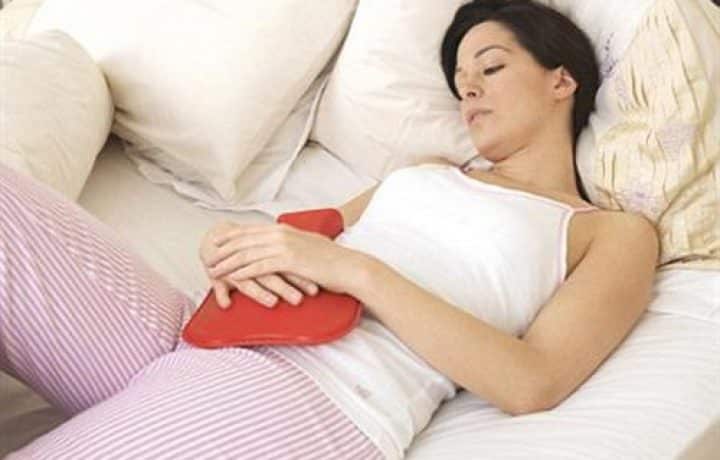Acne appears to be linked to an excess of sebum, an oily substance that lubricates the skin. When sebum clogs a hair follicle, forming a whitehead or blackhead, bacteria grow inside the blocked follicle and cause inflammation. This can result in a pimple or, in rare cases, a boil or cyst. Actually, acne is an outbreak of many pimples, blackheads, whiteheads or nodules from blocked follicles. While adolescents are most likely to get acne, it occurs in all age groups, including newborns. You may be prone to acne if:
PAGE CONTENTS

- Your male hormones (found in both males and females) increase, especially during puberty.
- You experience hormonal changes due to menstrual periods, pregnancy or oral contraceptive use.
- You take certain drugs, such as lithium or corticosteroids.
- You use creams, oils, cosmetics or other substances that block the skin’s pores.
Despite conventional wisdom, stress, poor hygiene and a poor diet don’t appear to cause acne, although they appear to be able to make it worse.
How to Treat Acne
Since acne is partly genetic and partly hormonal, doctors believe there is nothing you can do to prevent it. But there are certain steps you can take to help clear it up. First, be sure you can recognize the symptoms and that you are not dealing with some other skin condition.
Signs and Symptoms of Acne
- persistent, recurring reddish blemishes on the face and possibly on
- the chest, shoulders, neck, upper back or buttocks
- spots that have a dark, open center (blackheads)
- spots that bulge under the skin and have no openings (whiteheads)
- whiteheads that rupture (pimples)
- large lumps that do not have a black or white head (nodules)
How to Treat Acne
- Wash the affected area twice a day with mild, oil- and fragrance-free soap; avoid overwashing, which may aggravate acne.
- Shampoo your hair regularly; oily hair may make the condition worse.
- Shave as infrequently as possible; don’t nick pimples when you do
- Remove cosmetics thoroughly; use only hypoallergenic, fragrance-free makeup made for acne-prone skin.
- Try an over-the-counter treatment that contains benzoyl peroxide (an antibacterial agent) or salicylic acid (a mild peeling agent that unblocks pores).
Don’t make the condition worse. Don’t pop, pick, scratch or squeeze pimples. This may lead to scarring.
